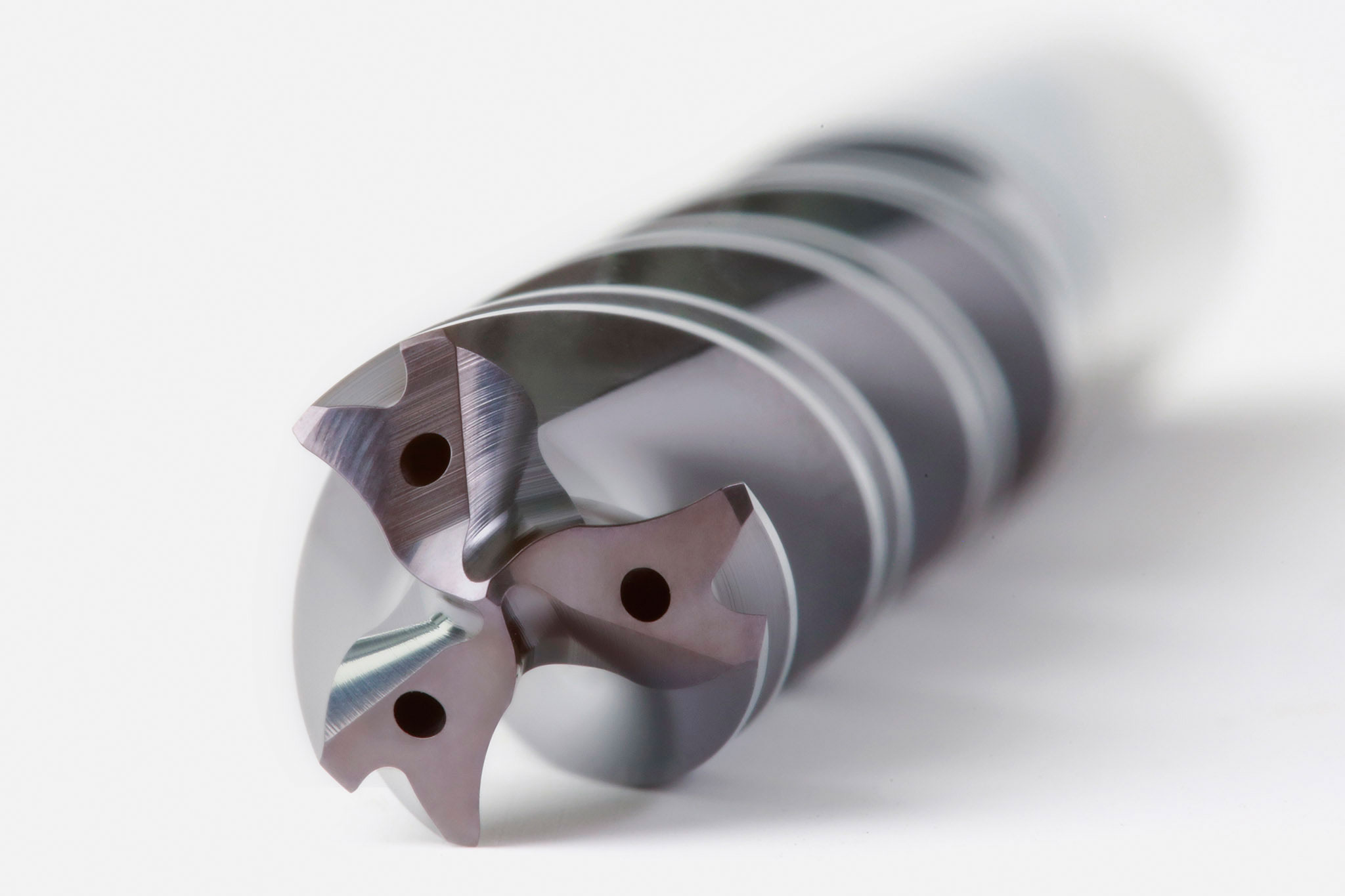
Endmills are precision tools used in metalworking and machining to enlarge, finish, or smooth out an existing hole to an exact diameter. Unlike drills, which create holes by removing material, endmills focus on refining and perfecting pre-drilled holes, ensuring that they are round, smooth, and have tight tolerances. endmills come in a variety of types, including hand endmills, machine endmills, and specialized designs such as expansion or adjustable endmills, each suited to specific applications and materials. They typically feature multiple cutting edges along their cylindrical bodies, which help gradually remove material from the inside of the hole without significantly altering the overall size. endmills are commonly made from high-speed steel (HSS), carbide, or cobalt, allowing them to maintain sharpness and resist wear when cutting through harder materials like metals.
Endmills is a vital step in precision engineering, as it provides an excellent finish and accuracy to holes that must meet strict dimensional standards. This process is widely used in industries like aerospace, automotive, and manufacturing, where components must fit together with minimal tolerance for error. endmills also ensure that holes are uniform from top to bottom, which is critical when aligning parts or inserting dowels, pins, or fasteners. When using a reamer, the initial hole must be close to the desired final size, as endmills are only designed to remove small amounts of material, usually between 0.001 and 0.005 inches. The result is a high-quality, precision-finished hole that is free from burrs or surface imperfections. Whether used by hand or in machine setups like lathes and drill presses, endmills are essential for achieving fine finishes and precise fits in a wide range of machining and metalworking tasks.
WhatsApp us
